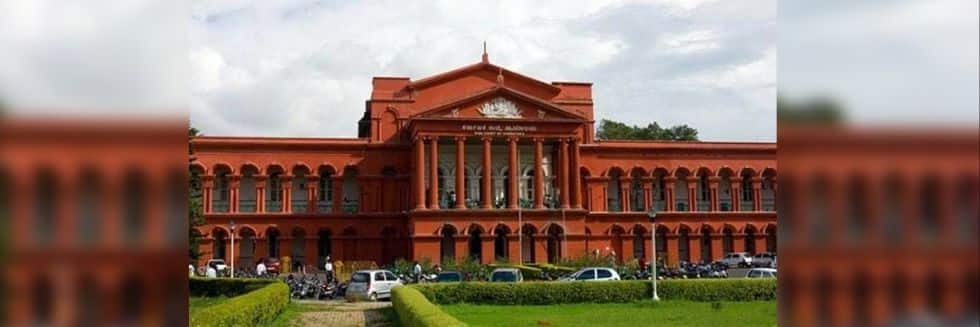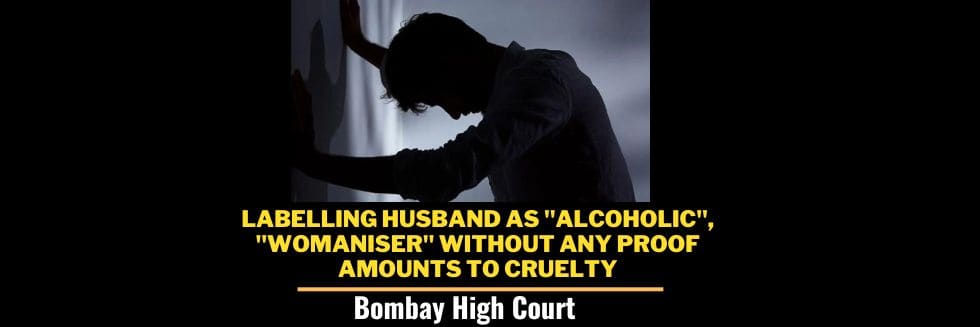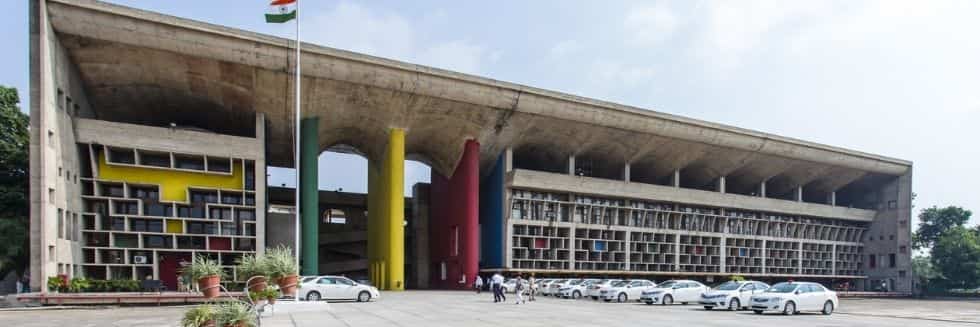Recently, the Chhattisgarh High Court has held that a man cannot raise a plea of invalidity of marriage in maintenance proceedings under Section 125 of the Criminal Procedure Code if he marries a woman, fully aware that her earlier marriage has not been ended in a valid divorce.
The bench headed by Justice Rajendra Chandra Singh Samant made the above observation while presiding over a revision filed against the order passed by a Family Court, denying maintenance to the Applicant-wife on the ground that she has not obtained a valid divorce from her first husband and hence, she is not a legally wedded wife of the Respondent (second husband).
In the precedent case, the bench had referred to the case of Motim Bai Borkar vs. Arjun Singh Borkar, 2017 (2) CGLJ 330, wherein the petitioner’s wife contended that she had obtained a divorce from her first husband by mutual consent as per custom. A coordinate Bench of the High Court had held therein that even though the Petitioner’s divorce with her husband was not strictly in accordance with the law, she and the Respondent had been living together for some time as husband and wife, and therefore, such relationship has to be treated as valid for the purposes of Section 125 of Criminal Procedure Code. It was held therein that when the second husband married the petitioner knowing fully well that her earlier marriage had not ended in a valid divorce, then he is estopped from raising a plea under Section 125 Criminal Procedure Code, that the second marriage is invalid.
Therefore, in the present case, the judge observed that after performing the marriage of the applicant with the respondent in light of the previous history of the applicant, the respondent could not have raised such a plea regarding the invalidity of the marriage.
“A person cannot approbate and reprobate at the same time,” the bench remarked.
Further, while citing the capacity of the Respondent to pay maintenance, the judge noted that no evidence was placed on record to point out whether the respondent has the means to pay maintenance to the Applicant or not. However, it noted that the Respondent is an able-bodied person, capable of earning a livelihood and paying maintenance to his wife.
“After looking to the evidence in the record of the proceeding and appreciating the same, it is found that there is no such evidence present to make out that the respondent has some employment and he has some fixed salary and income from any source; otherwise the respondent is an able-bodied person who can earn a livelihood and pay maintenance to the applicant. Hence, on this basis an amount of maintenance can be fixed to be paid to the applicant by the respondent,” the order stated.
Case Background
In the present case, the applicant was previously married to one Rajendra. Therefore, she contended that after obtaining a customary divorce from Rajendra, she married the Respondent, herein. The Family Court Bilaspur had dismissed her application for maintenance under Section 125 of CrPC and held that the marriage of the applicant with the respondent was performed in 2015 but, she is not legally wedded wife of the Respondent. In revision, the Respondent had argued that the family court had committed no error in as much as it was an admitted fact that the previous marriage of the Applicant was existing and the same was not dissolved by any Court of law. It was submitted that for the purposes of Section 125 of CrPC, it is necessary that the Applicant should be a legally wedded wife, hence, the Applicant does not fulfill this criterion and has no entitlement for grant of maintenance.





